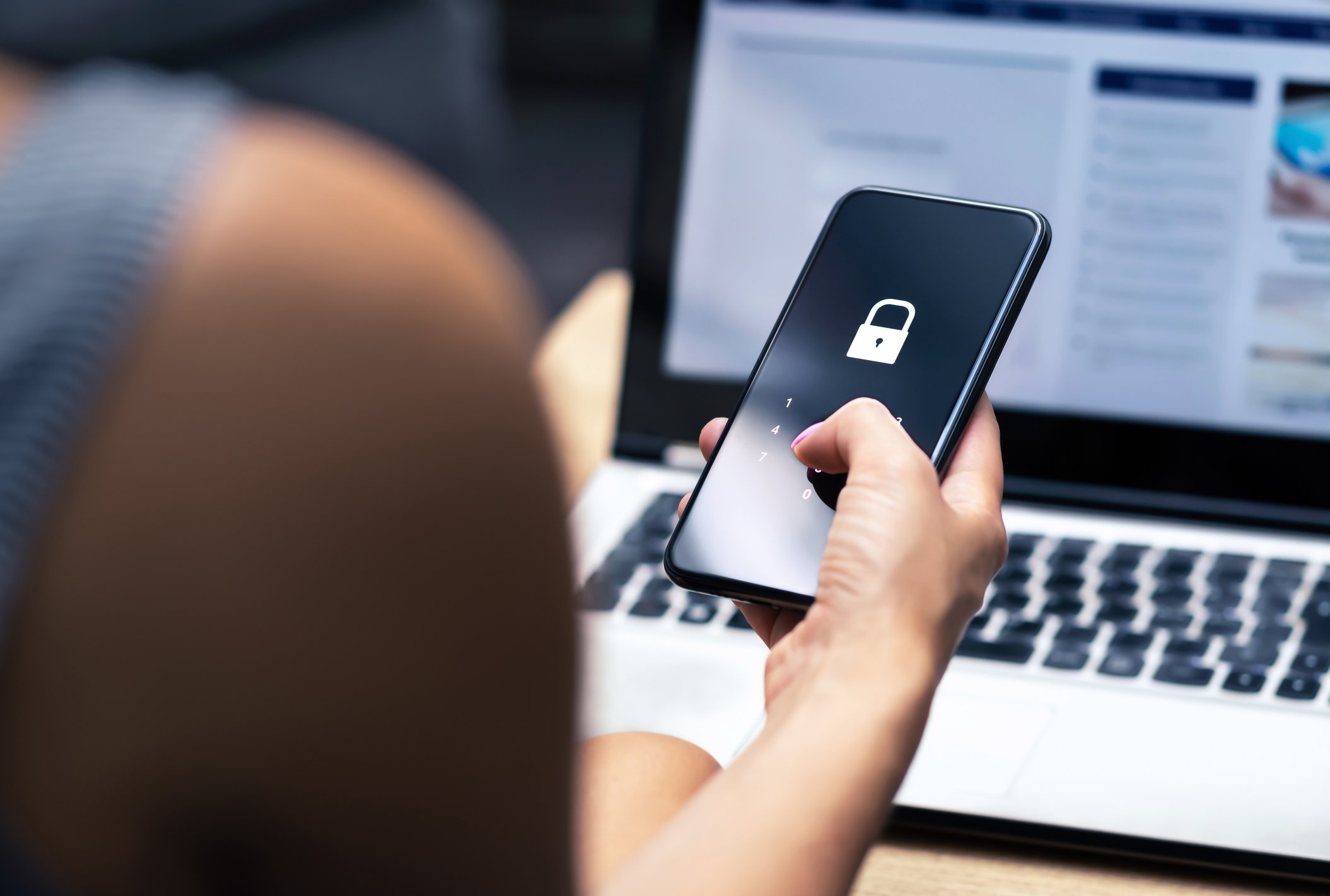
In today’s digital world, protecting your identity is more crucial than ever. Cybercriminals have become increasingly sophisticated in their tactics, making it essential to stay vigilant. Learn tips to help you protect yourself from becoming a victim of identity theft.
-
Monitor Your Accounts Regularly
Keep a close eye on your bank and credit card statements. Regularly checking your accounts can help you spot any suspicious transactions early. Set up alerts for large purchases or changes to your accounts to catch fraud immediately. -
Use Strong Passwords
One of the easiest ways for hackers to gain access to your accounts is through weak or reused passwords. Create strong, unique passwords for each account, combining letters, numbers, and symbols. Consider using a password manager to store and generate complex passwords securely. -
Enable Two-Factor Authentication
Two-factor authentication adds an extra layer of security to your accounts. Even if a hacker obtains your password, they’ll need a second form of verification—such as a code sent to your phone—before gaining access. Enable 2FA whenever it’s available, especially on banking and social media platforms. -
Be Cautious of Phishing Scams
Phishing scams often come in the form of emails or texts that appear to be from legitimate companies. These messages will ask for your personal information or direct you to click a link. Avoid clicking on suspicious links or providing sensitive details through email. Always verify the source by contacting the company directly. -
Shred Documents Containing Personal Information
Physical identity theft can happen just as easily as online theft. Be sure to shred documents that contain personal information, such as old bank statements, medical records, or bills. Criminals can use these discarded papers to commit fraud. -
Secure Your Wi-Fi and Devices
Ensure your home Wi-Fi network is secured with a strong password. Avoid using public Wi-Fi for sensitive transactions, like banking. Install security software on your devices to protect against malware and viruses that can compromise your identity. -
Review Your Credit Report Annually
Each year, you are entitled to a free credit report from the major credit bureaus. Reviewing your credit report can help you detect signs of identity theft, such as unauthorized accounts or inquiries. If you find anything suspicious, report it immediately. -
Limit Personal Information Shared Online
Be mindful of what you share on social media and other online platforms. Avoid posting your full name, address, phone number, or other sensitive details that scammers could use to impersonate you. Use privacy settings to control who can see your information.